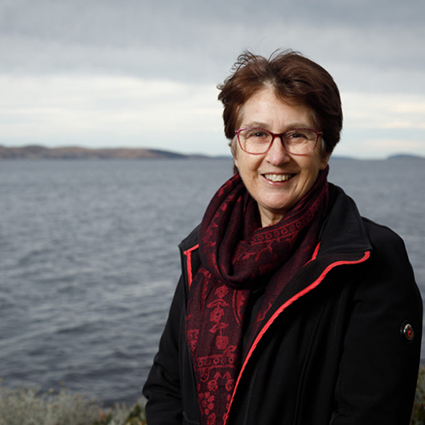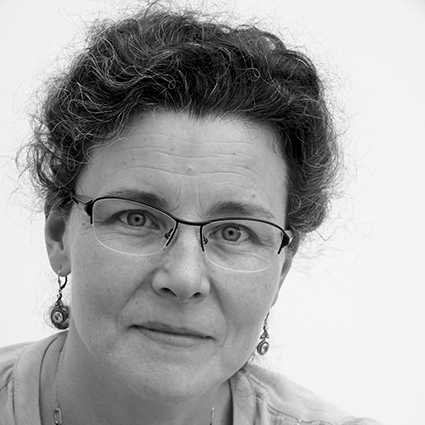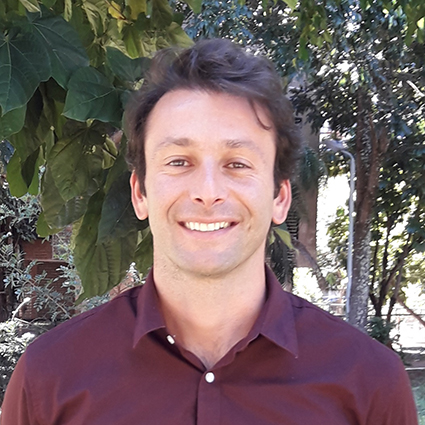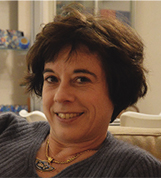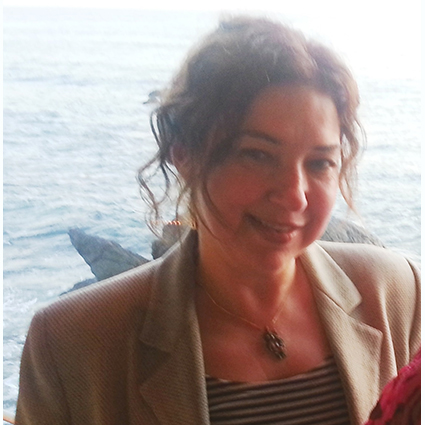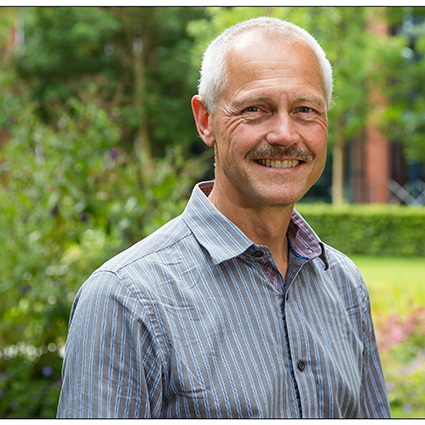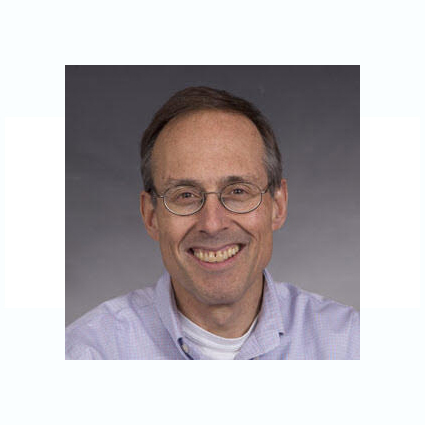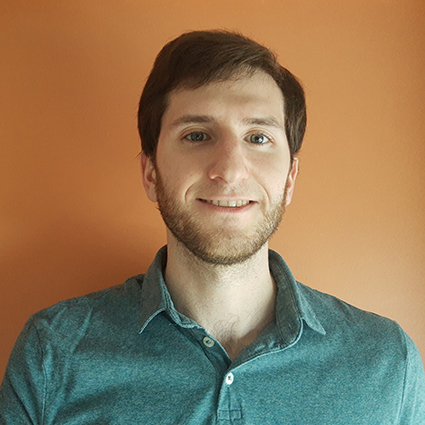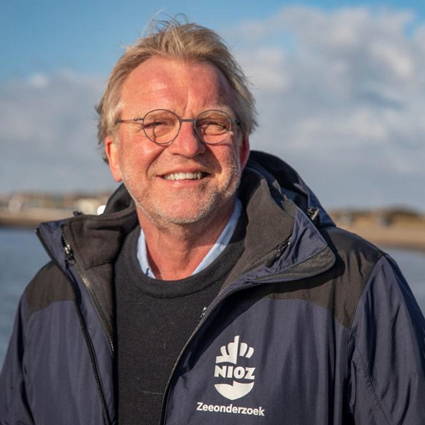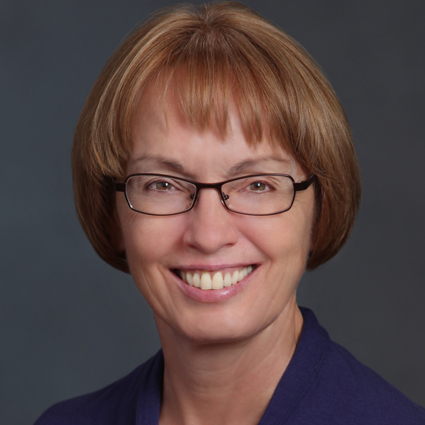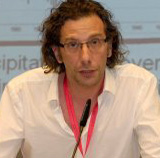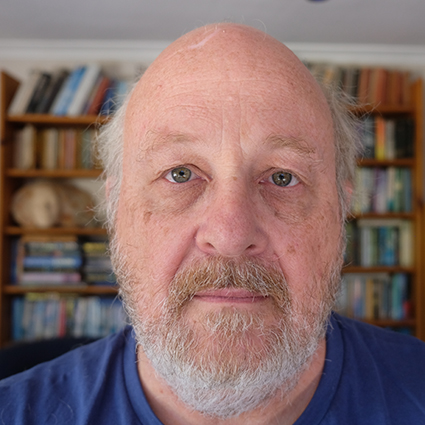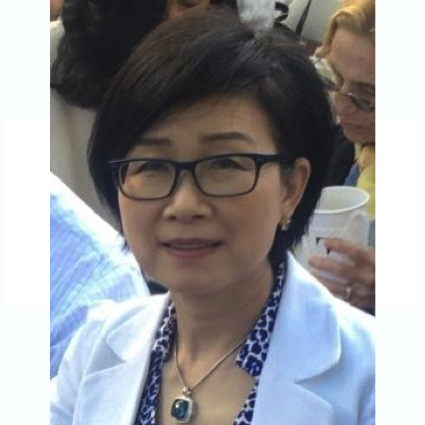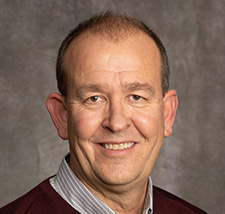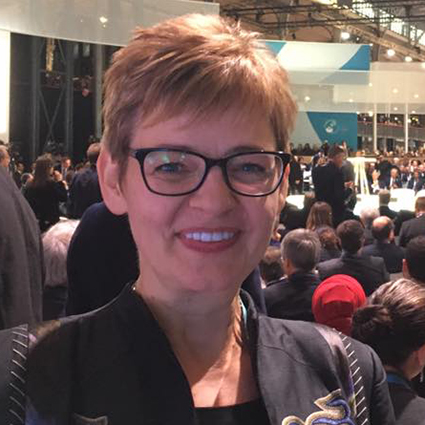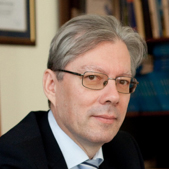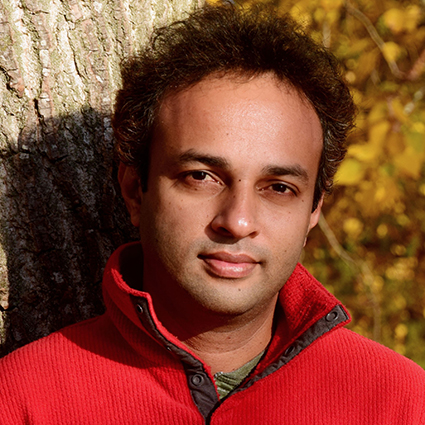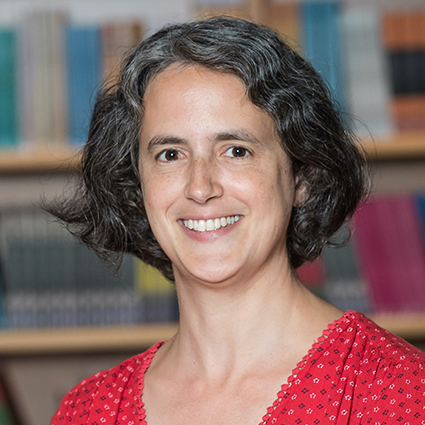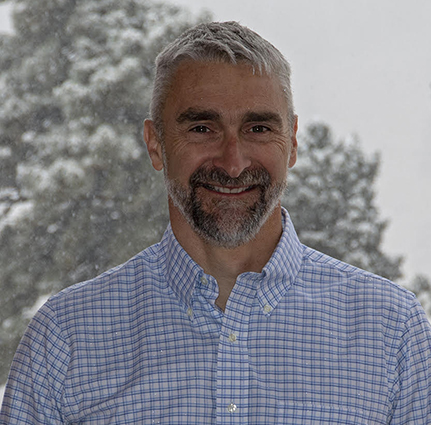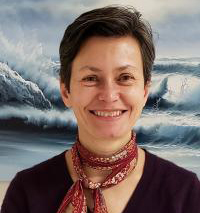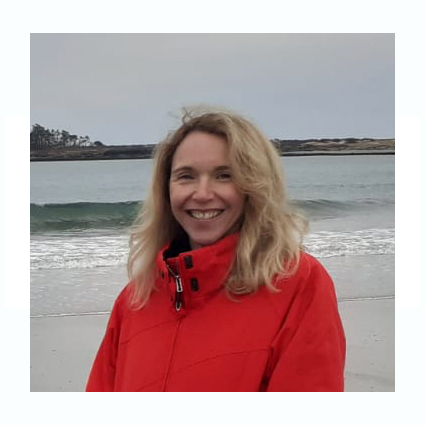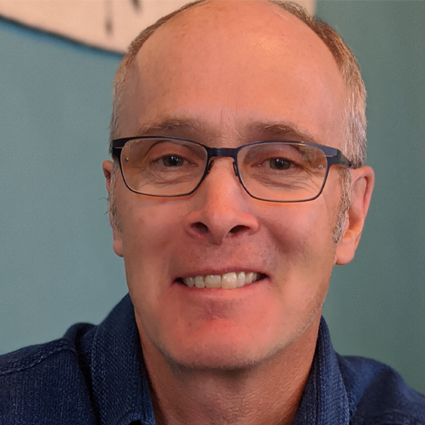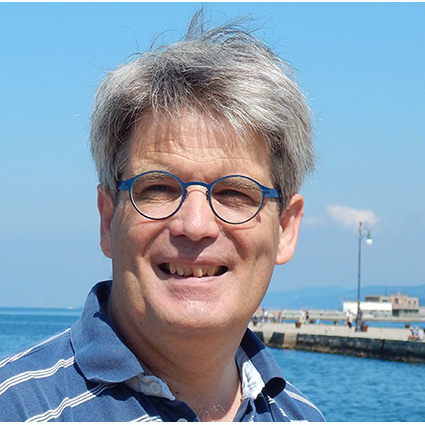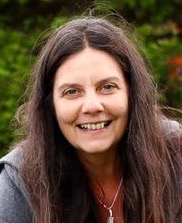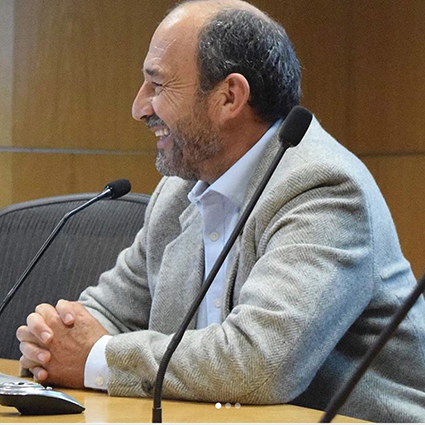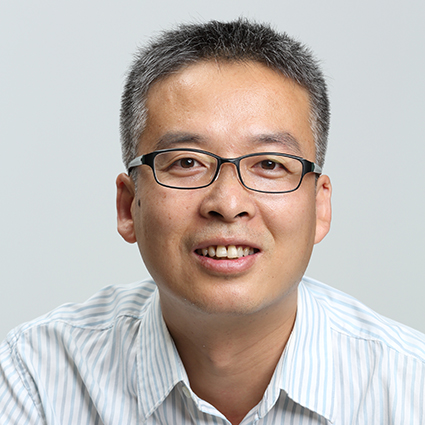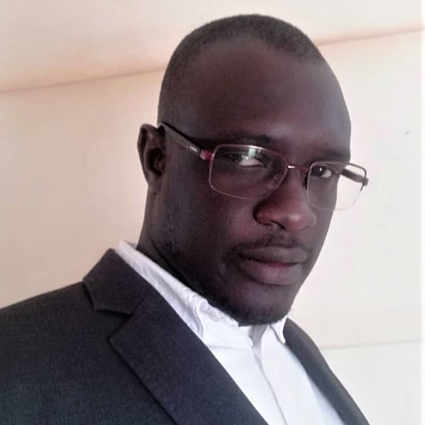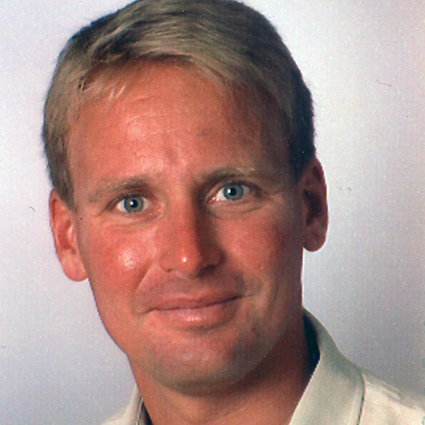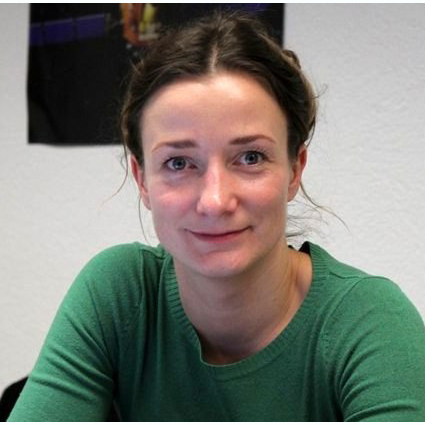To know more about the members of the Scientific Organizing Committee, click on their names.
Prof. Detlef Stammer was elected as JSC Chair in 2019. He is Professor at the Center for Earth System Research and Sustainability, University of Hamburg (Germany). His research interests include the role of the ocean in climate variability and sea level change.
To learn more about Prof. Detlef Stammer, click here
To learn more about Dr. Sandrine Bony, click here.
To learn more about Dr. Leandro Diaz, click here
To learn more about Kristie L. Ebi, click here
To learn more about Dr. Greg Flato, click here
Pierre is a Royal Society Wolfson Research Merit recipient, he holds a Chair in Mathematical Modelling of the Climate System at the University of Exeter. His research interests are in the field of global biogeochemical cycles and their interaction with the climate system. More specifically, he is interested in the role biogeochemical cycles in the climate system over time scales ranging from glacial-interglacial to future IPCC-like projections. For future climate projections, he identified a positive feedback between climate change and the carbon cycle and developed a mathematical framework for climate-carbon feedbacks analysis. He is also involved in the development and evaluation of land surface models (JULES) and their inclusion in Earth System Models.
To learn more about Prof. James Hurrell, click here
To learn more about Prof. Marina Ivanova, click here
To learn more about Dr. Roxy Mathew Koll, click here
To learn more about Dr. Orli Lachmy, click here
To learn more about Dr. Jean-François Lamarque, click here
Lynch's research focuses on the intersection between atmospheric science and environmental governance, with particular interests in the Arctic and in arid regions as places that express convergences of rapid change in natural and human systems.
To learn more about Prof. Thomas Peter, click here
Link to linkedin: www.linkedin.com/in/reginarodriguesrodrigues
To learn more about Prof. Steven Sherwood, click here
Dr. Jianqi Sun is the director of Nansen-Zhu International Research Centre (NZC), Institute of Atmospheric Physics (IAP). Jianqi's research interests include the climate dynamics over mid-to-high latitudes, climate extremes, and climate prediction.
To learn more about Dr. Jianqin Sun, click here
Dr. Mouhamadou Bamba Sylla is the AIMS-Canada Research Chair in Climate Change Science at the African Institute for Mathematical Sciences based in Kigali, Rwanda. His area of expertise is climate modeling, climate change and climate information services.
Dr. Sylla has participated to the IPCC Assessment Report 6 where he acted as a Lead Author for WG1 Chapter 12, a contributing author for WG1 Chapter 11 and WG1 Atlas, and a contributing author for the WG2 Chapter 9: Africa. Prior to this,
Dr. Sylla worked at WASCAL as a Director of Research and Senior Scientist in climate modeling and climate change, at Loyola Marymount University Los Angeles USA as a Lecturer and Research Scholar, and at the ICPT Trieste Italy as a postdoc.
Prof. Martin Visbeck is head of research unit Physical Oceanography at GEOMAR Helmholtz Centre for Ocean Research Kiel and professor at Kiel University, Germany. His research interests revolve around ocean’s role in the climate system, ocean circulation, upwelling systems, integrated global ocean observation, digital-twins of the ocean and the ocean dimension of sustainable development. He serves on a number of national and international advisory committees including member of the Governing Board of the International Science Council (ISC), Joint Scientific Committee of the World Climate Research Programme (WCRP), leadership council of the Sustainable Development Solutions Network (SDSN), Interim Decade Advisory Board for the UN Decade of Ocean Science Decade for Sustainable Development 2021-2030. Martin Visbeck is involved in strategic planning and decision-making processes about the ocean and sustainable development at a national, European and global level.
To learn more about Prof. Martin Visbeck, click here


